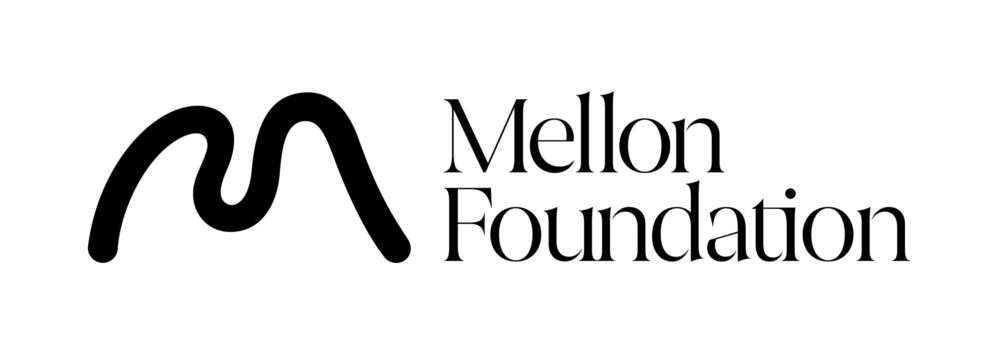In May 2024, the American Council on Education (ACE)—the nation’s most visible and influential higher education association—in collaboration with the Research Triangle Institute (RTI) International, released Race and Ethnicity in Higher Education: 2024 Status Report, along with updates to the accompanying website. The 2024 report follows Race and Ethnicity in Higher Education: A Status Report, released in February 2019, and Race and Ethnicity in Higher Education: 2020 Supplement, released in November 2020. These works were made possible through the generous support of the Mellon Foundation.
The racial and ethnic makeup of the United States has diversified substantially since the country’s founding, with dramatic changes occurring in just the past 20 years. Racial and ethnic diversity comes with a host of benefits at all levels of education and in the workforce—such as greater productivity, innovation, and cultural competency, to name a few. Moreover, the current and future health of our nation—economic and otherwise—requires that the whole of our population have equitable access to sources of opportunity.
Chief among such sources of opportunity is higher education. It is therefore imperative that educators, policymakers, community leaders, members of the media, and others have access to timely data on one of the most salient predictors of higher education access and success in this country: race and ethnicity. To be clear, there are myriad factors that inform educational access and success, such as income, wealth, geography, and age. Yet it remains the case—as the data in this and other studies show—that race is a prevailing factor in many educational outcomes. These data provide a foundation from which the higher education community and its many stakeholders can draw insights, raise new questions, and make the case for why race still matters in American higher education.



